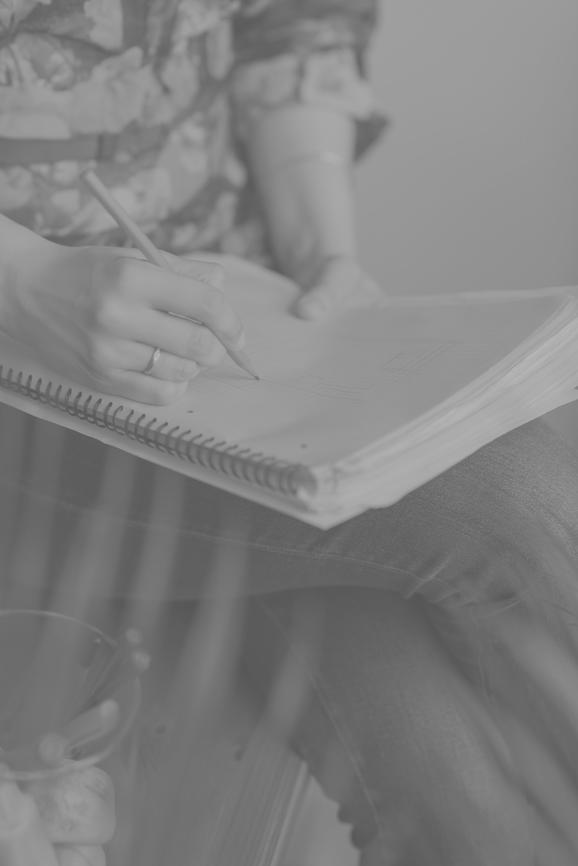I hope you all had a good Memorial Day Weekend. I had an amazing time at my family reunion. I haven’t been back to Memphis, where most of my dad’s side of the family is from, in over a decade. And it’s been just as long since I’ve seen many on those relatives. We spent the weekend hugging, laughing, and eating really good barbeque. The trip made me sad that my dad couldn’t be a part of it (he passed away in 2000), but it also reminded me of the importance of spending your money on experiences.
Study after study after study has shown that people get more fulfillment out of buying experiences rather than material objects. In short, experiences like taking a vacation, a dinner date with your spouse, or a night out connecting with friends lead to more satisfaction than a new watch, a hot shirt, or fancy car.
The theory behind this concept comes from getting enjoyment before, during, and after an experience. For instance, you look forward to a vacation that’s coming up, you enjoy the vacation while you’re on it, and you get to reflect and tell stories about that experience for the rest of your life. In addition, with personal experiences, there’s less social comparison, since your experience is unique to you.
I’ve been a huge subscriber of this theory ever since I learned about it several years ago. I’ve also found three tips that have helped me get the most happiness out of my experiences.
1) Share the Experience: you’re more apt to enjoy an experience if you get to do it with someone else, whether a spouse, friend, or a coworker. I’m lucky enough to get to share a lot of great experiences with my husband. Many times this weekend I felt extremely happy that he there with me smiling, taking pictures, and touring the city. Sharing the experience will only intensify the anticipation, enjoyment during, and reflection afterwards.
2) Reflect on the Experience: As the studies point out, the main advantage an experience has over a thing is that we continue to gain happiness from an experience long after it’s over. (Just think about how many times you’ve fondly said “Remember when….”) By contrast, we get used to the new tv, computer or appliance and usually end up taking it for granted. So make sure to capture the experience in a way that will make reflection easy. For example, taking pictures, creating a scrapbook, or journaling afterwards. And, of course, don’t forget expressing gratitude for the experience itself.
3) Don’t Overspend: Keep in mind that you get to pick what experience brings you the most satisfaction. And there’s no direct correlation to how much you spend on an experience and the happiness it brings. The point is to feel that the experience outweighs the money that you spent. If you overspend, the stress and anxiety of how you will pay the bill or meet your basic living expenses the next month will only impeded your happiness.
It turns out money can buy happiness. You just need to make sure you spend it on enjoyable experiences and do your best to capture the happiness that they bring.



